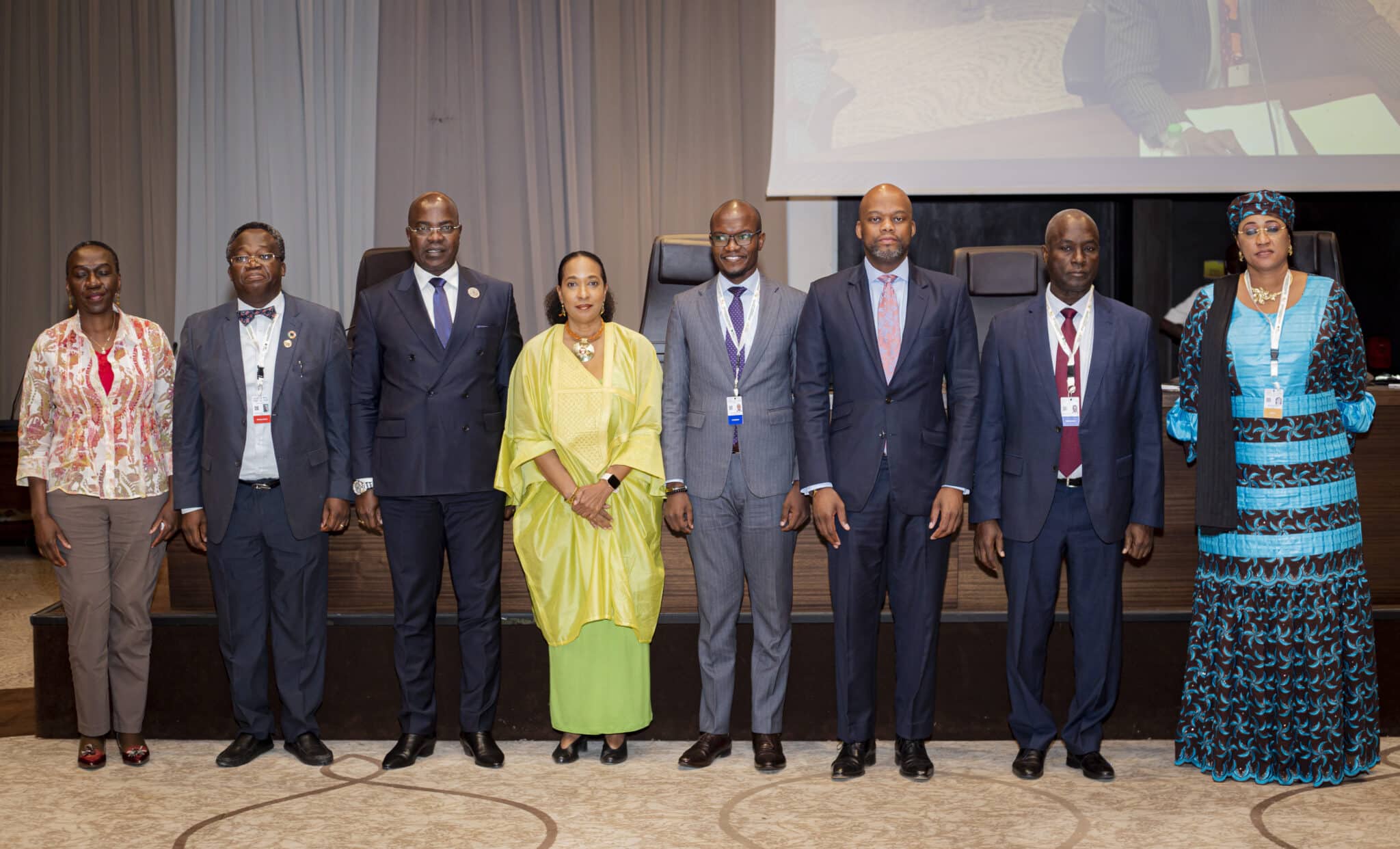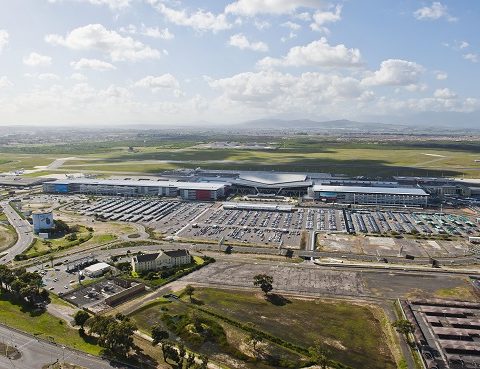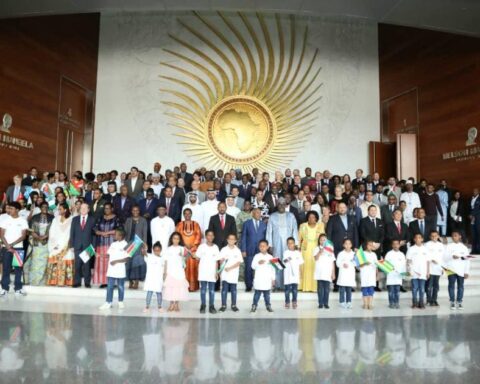On Thursday, 24th November in Niamey, Niger, the AfCFTA Secretariat held an important seminar in partnership with the International Trade Centre (ITC). On the margins of the AU Extraordinary Summit in Niamey, Niger and in the context of Africa Industrialisation Week, this private sector focused event provided key update on the status of the negotiations in order to help businesses to prepare for the implementation of the AfCFTA. Since the entry into force of the AfCFTA, the international business community has eagerly awaited the outcome of the AfCFTA negotiations due to its potential to radically transform intra-Africa trade.
The AfCFTA partnered with ITC to conduct a private sector mapping, which is the process of detailing not only current corporate engagement but particularly Micro, Small and Medium Enterprises in Africa and how they can engage with the AfCFTA. The private sector mapping was also conducted for different reasons, including to understand how potential private partners are currently engaging with each other, what private-public interactions may exist around key topics or industries, and to support the AfCFTA’s private sector engagement strategy. The report also helps identify opportunities for collective action, isolate key challenges or success factors for industry engagement on given topics, and serves as a foundation for private sector-led policy dialogues. In short, this private sector mapping study is a critical tool for understanding and harnessing the private sector’s potential to contribute to Africa’s development through trade
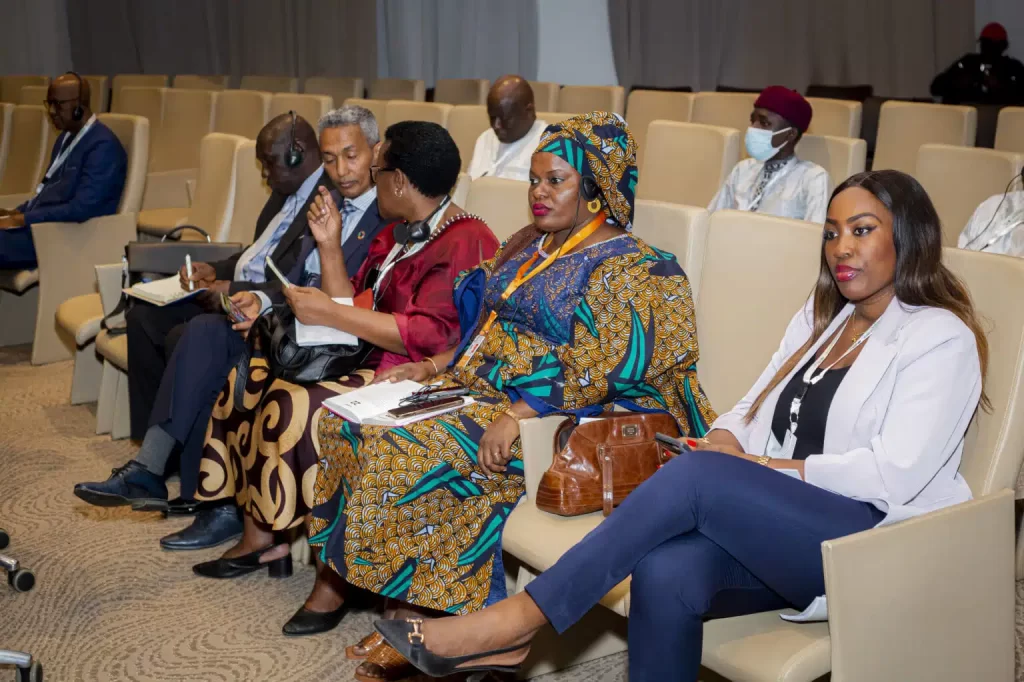 The International Trade Centre (ITC) is a United Nations body that provides support to policymakers in regional trade negotiations and policy reforms. ITC also builds up knowledge and capacity in the private sector on regional trade. In this way, the ITC helps to ensure that domestic frameworks are aligned with regional commitments, and that the private sector has the necessary skills and information to participate in international trade. As a result, the ITC plays an important role in promoting international trade and economic development, by building capacity within the private sector.
The International Trade Centre (ITC) is a United Nations body that provides support to policymakers in regional trade negotiations and policy reforms. ITC also builds up knowledge and capacity in the private sector on regional trade. In this way, the ITC helps to ensure that domestic frameworks are aligned with regional commitments, and that the private sector has the necessary skills and information to participate in international trade. As a result, the ITC plays an important role in promoting international trade and economic development, by building capacity within the private sector.
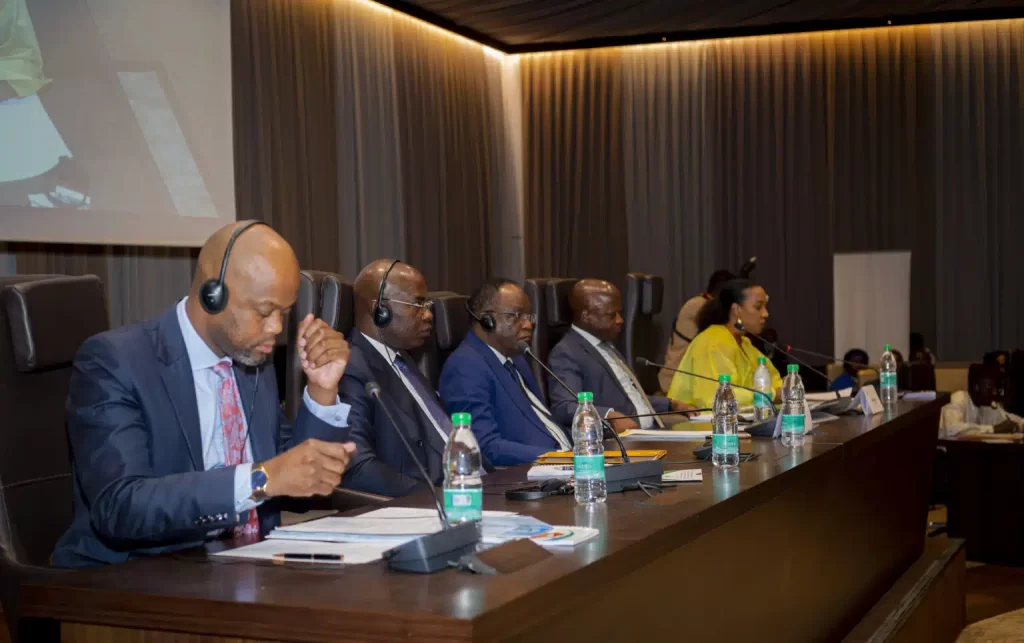 At the event, the Minister of Trade for Niger made opening remarks welcoming delegates and participants to the session. Dr. Amani Asfour, President of the African Business Council and Executive Director of the International Trade Centre, Pamela Coke-Hamilton both emphasised during their remarks that the private sector would contribute significantly to unlocking development potential in Africa. Against this backdrop, H.E. Wamkele Mene delivered his keynote address after which a ministerial panel was held to discuss accelerating AfCFTA implementation. A QnA session was held with participants who also highlighted the need for greater access to information on market trends and better awareness of business opportunities on a local, regional, and global which would contribute significantly to increasing trade activity and foster job creation across Africa.
At the event, the Minister of Trade for Niger made opening remarks welcoming delegates and participants to the session. Dr. Amani Asfour, President of the African Business Council and Executive Director of the International Trade Centre, Pamela Coke-Hamilton both emphasised during their remarks that the private sector would contribute significantly to unlocking development potential in Africa. Against this backdrop, H.E. Wamkele Mene delivered his keynote address after which a ministerial panel was held to discuss accelerating AfCFTA implementation. A QnA session was held with participants who also highlighted the need for greater access to information on market trends and better awareness of business opportunities on a local, regional, and global which would contribute significantly to increasing trade activity and foster job creation across Africa.
Source: https://au-afcfta.org/2022/11/launch-of-the-afcfta-private-sector-mapping-and-glossary/

